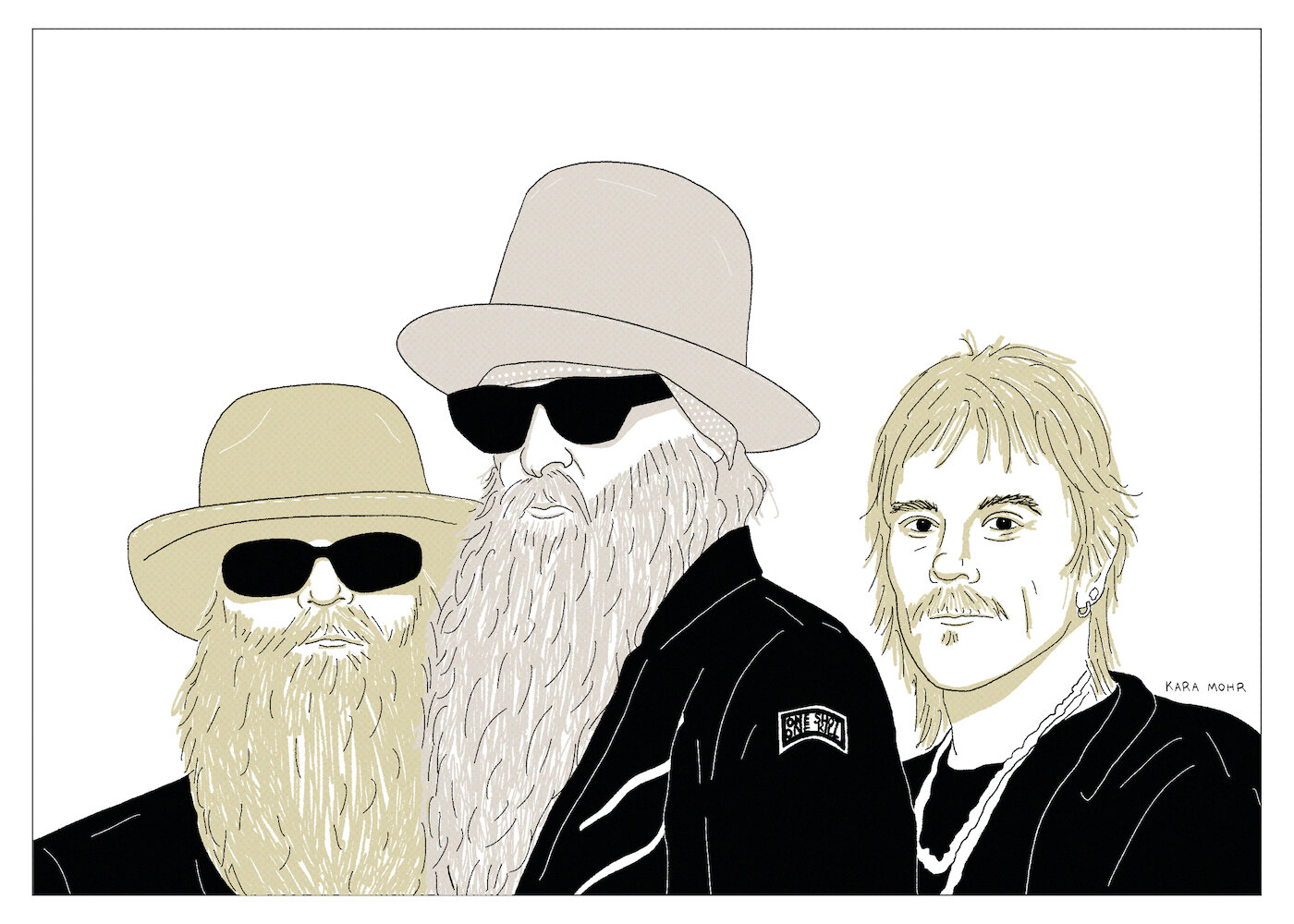
ZZ Top “La Futura”
Following their long, slow popular decline and the Garage Rock revival that owed more than a little to the band, it only made sense that ZZ Top would be ripe for reclamation in the 2000s. What made even more sense, in fact so much sense that it seems too obvious, was that the man behind the reclamation project was none other than Rick Rubin. Having succeeded with Johnny Cash and tried his darndest with AC/DC, Rubin offered the beard and the adoration required for the job. In 2003, he began working with ZZ Top on “La Futura.” It would be nearly a decade before the album would see the light of day.

Television “Television”
By 1990, Television was twelve years removed from their break-up. To me, they were much more fable than band. Public interest in Tom Verlaine had become so scant that it was fair to wonder if he really had a career at all. But then, just two years later, the unimaginable happened. Quietly and casually, all four members of Television -- Tom Verlaine, Fred Smith, Billy Ficca and, most notably, Richard Lloyd — began playing together again. And, in the Fall of 1992, fourteen years after “Adventure,” Television’s released their third, self-titled studio album.
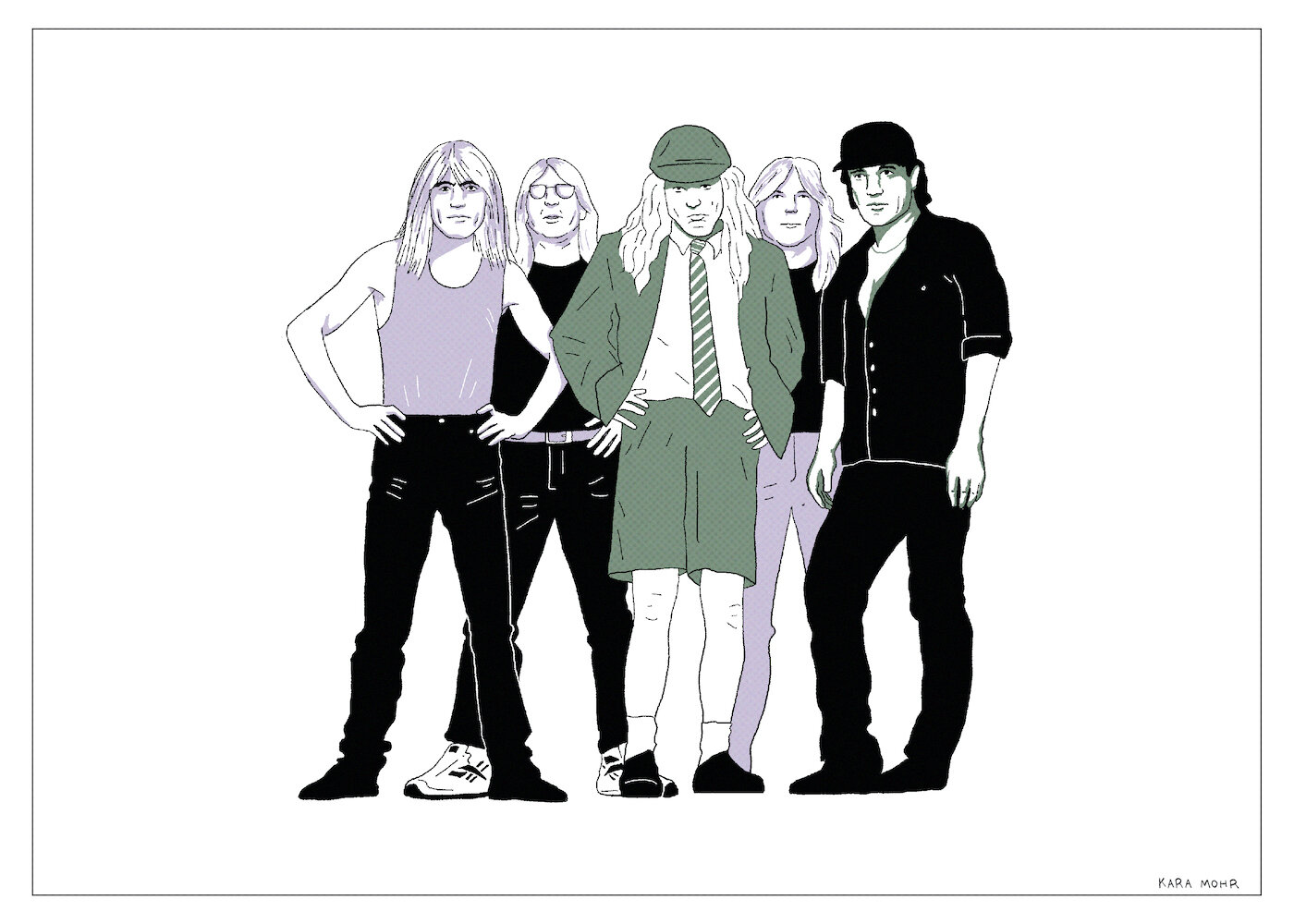
AC/DC “Stiff Upper Lip”
No band was better engineered to achieve its end goal than AC/DC. The Beatles were far more musical. The Stones were more ambitious. Led Zeppelin was grander. But AC/DC — part teenage erection and part auto factory — only knew how to do two things: rock and roll. By 2000 — a year of declining CD sales, N Sync, Limp Bizkit and Christina Aguilera — could have been a watershed moment for the band. But, it wasn’t. They released “Stiff Upper Lip” and just kept doing what they were built to do.
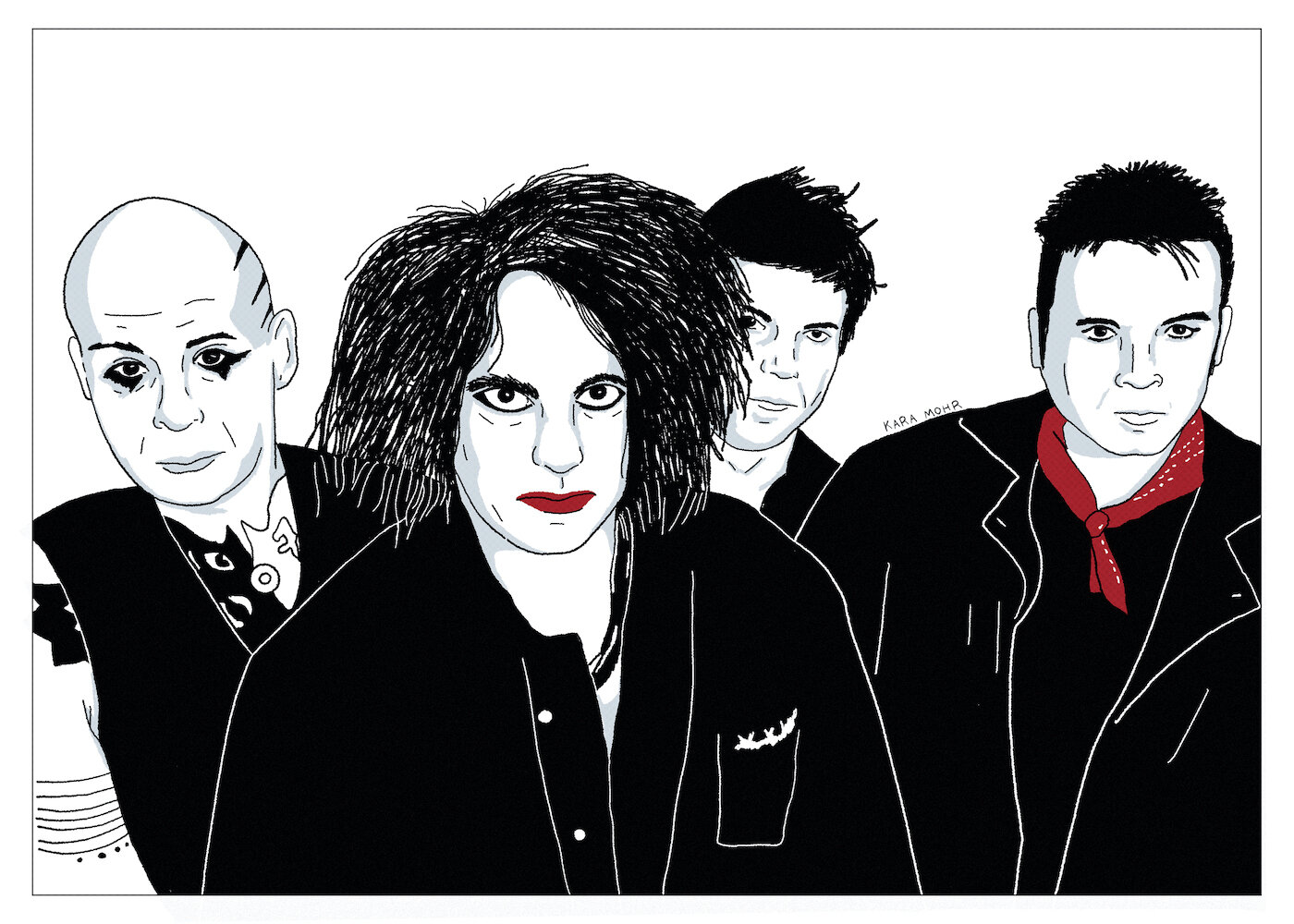
The Cure “4:13 Dream”
In 2008, The Cure released “4:13 Dream.” Robert Smith was nearly fifty at the time, but looked and sounded very much like the man who made “Friday I’m in Love” in 1992 and “Boys Don’t Cry” in 1979. “4:13 Dream” sold poorly and featured no hit singles. It was either overlooked or under-appreciated. Or both. At the time, it seemed certain that another album would follow soon thereafter. But nothing came. So, if “4:13 Dream” served as a temporary, or accidental, coda, it undoubtedly begs the question: “what did we all miss?”
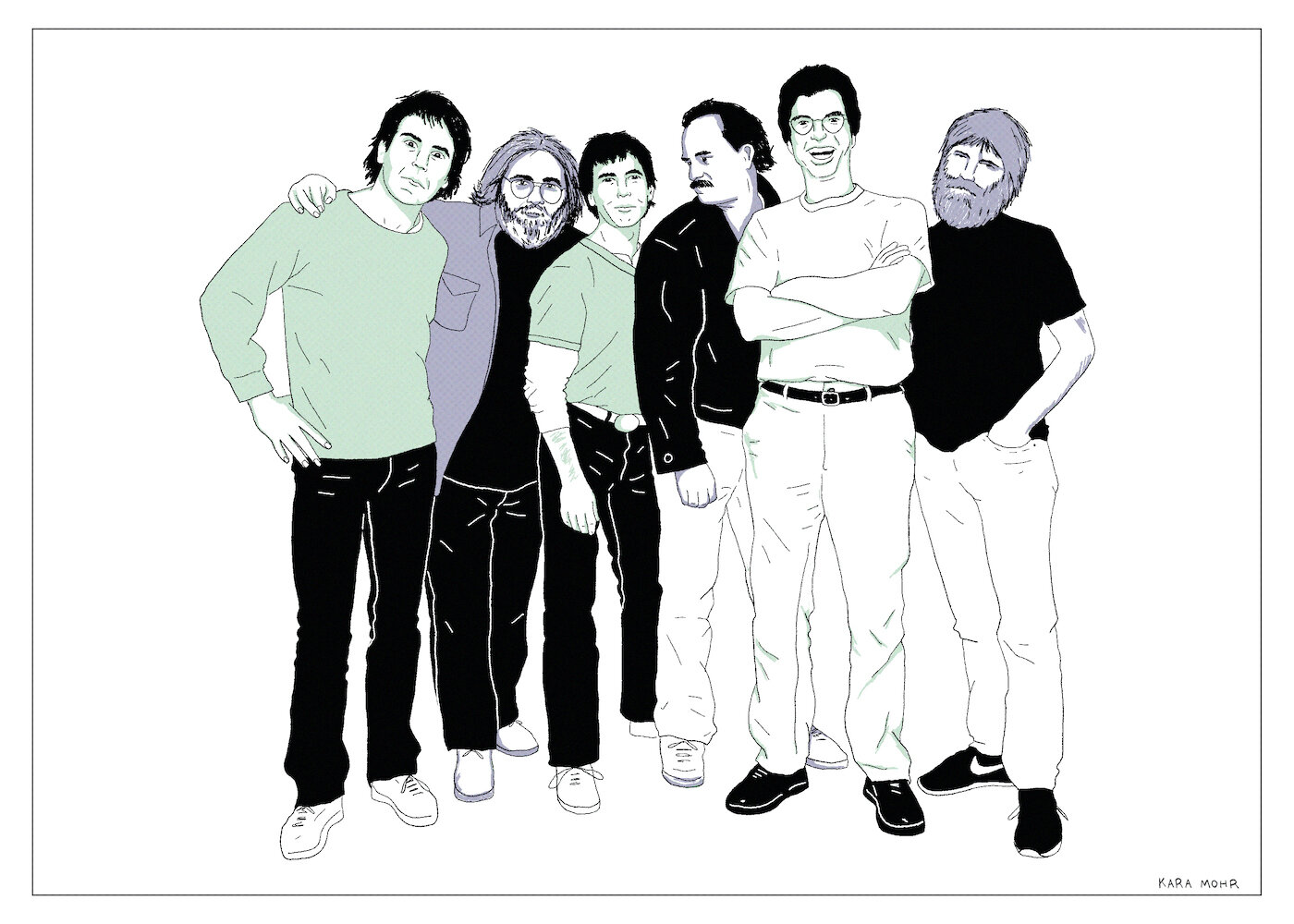
The Grateful Dead “In the Dark”
1987. The Hippies were all grown up. Their kids now wore the tie dye shirts with the bears and skulls. The Dead were an industry by this point, albeit one that showed signs of great decay. Their last studio album, seven years earlier, was unimaginably tepid. In 1986, forty-four year old Jerry Garcia fell into a medically induced coma, caused by his worsening addiction. However, a year later, the band released “In the Dark,” their penultimate studio album. It was the beginning of the final chapter of a book that would end in 1992, but what a dramatic and unlikely final chapter it was.
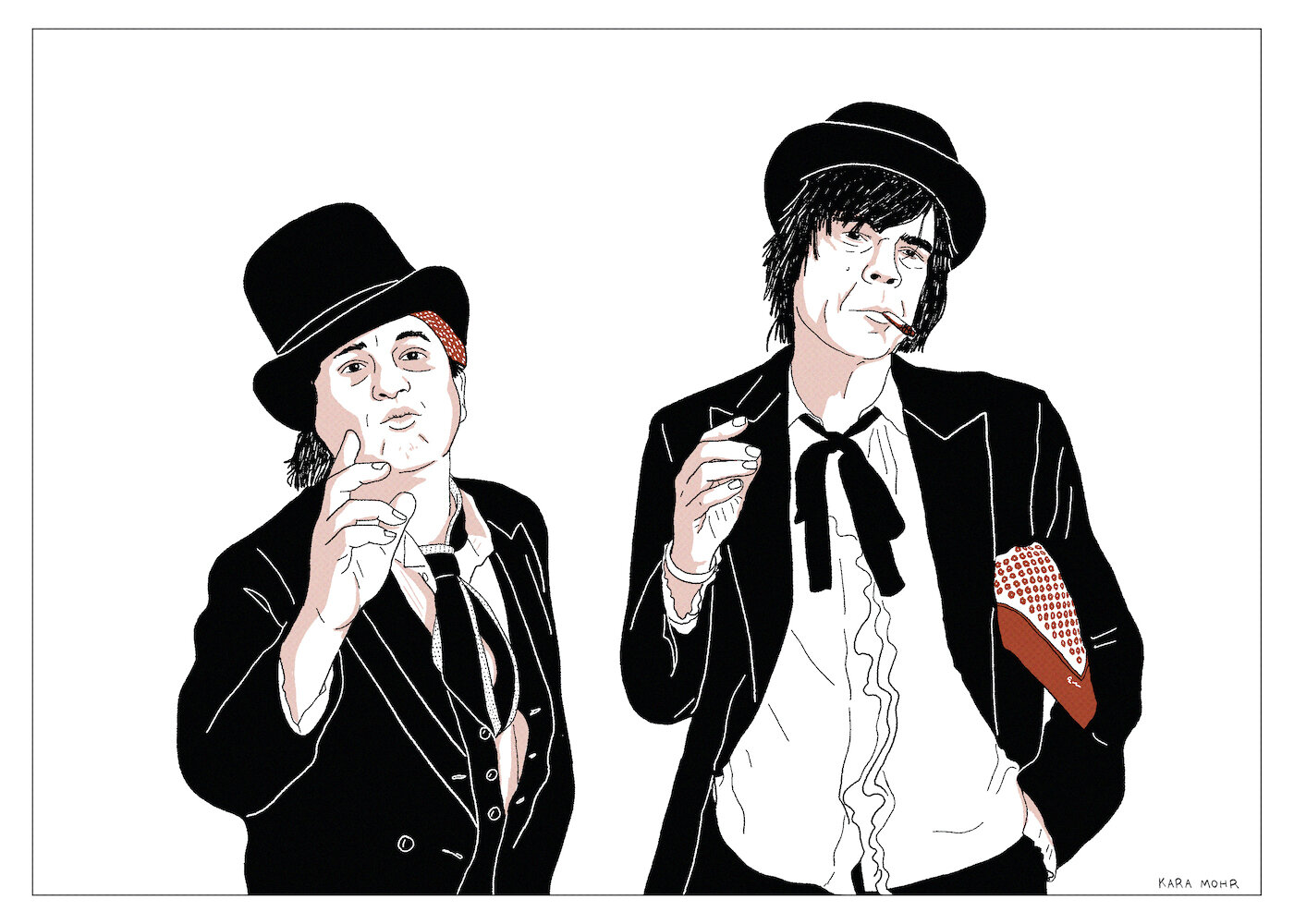
The New York Dolls “One Day It Will Please Us to Remember Even This”
Morrissey is both notoriously impossible and capable of the impossible. In 2004, he proved as much when he invited David Johansen, Sylvain Sylvain and Arthur Kane, the Dolls’ surviving members, to play a festival in London. Incredibly, the band agreed. For a group so doomed and so frozen in ember, a reunion seemed unthinkable. And yet, it happened. If any band deserved a life after death, it was assuredly the New York Dolls. By 2006, with only Johansen and Sylvain left to carry the flag, they released “One Day It Will Please Us to Remember Even This,” their first album in over thirty years.
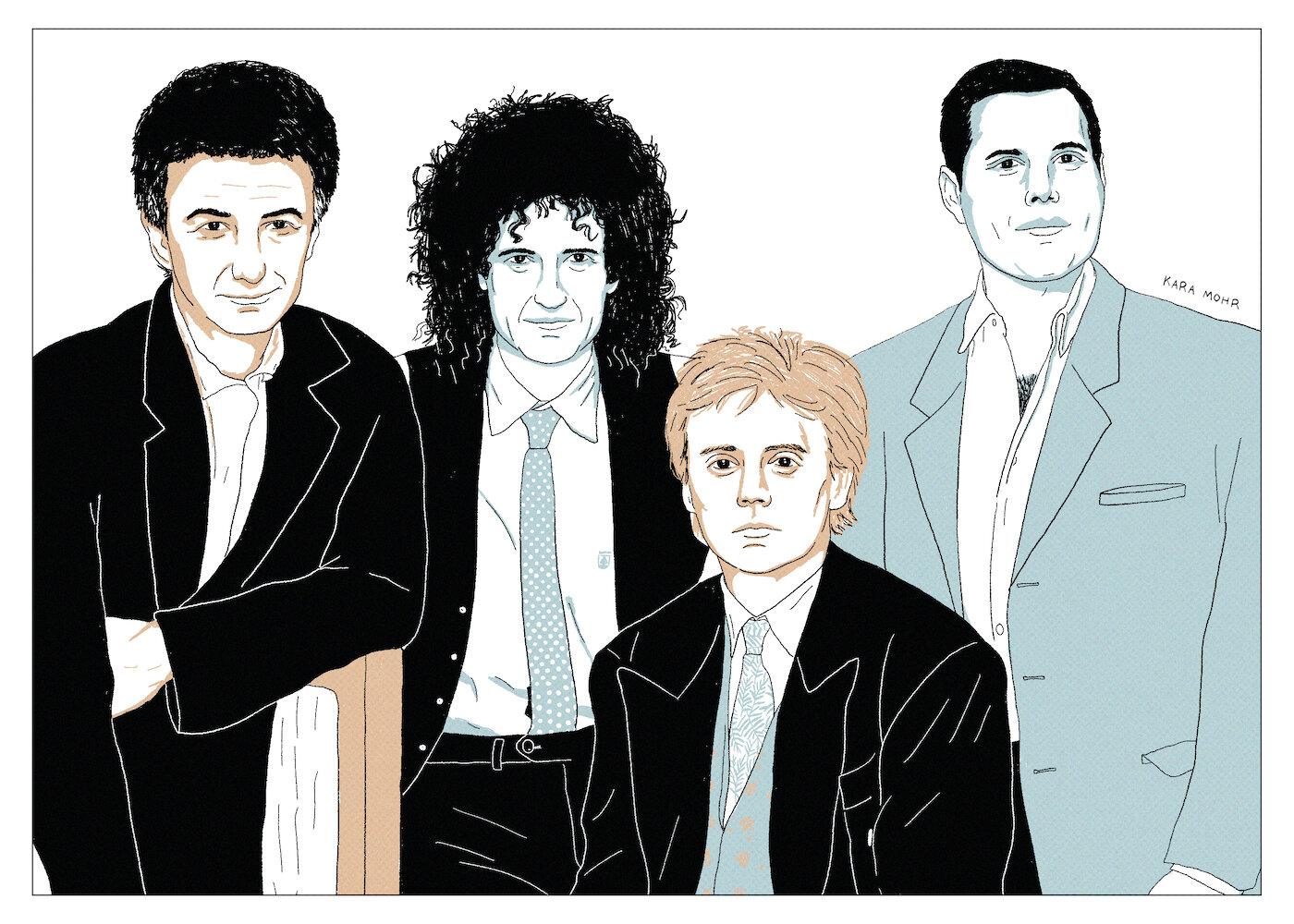
Queen “The Miracle”
In the 1980s Queen frayed. Three of the four members released solo albums. Their chart positions, especially in America, had taken a precipitous downturn. For much of the decade, the band sounded like four polite gentlemen, contributing doll parts to albums which were sewn together by synthesizers. However, 1989s “The Miracle” was supposed to be different. It was the first album wherein all songs were credited simply to Queen, rather than to the individual players. What was not advertised in 1989, though widely rumored, was Freddie Mercury’s declining health. In retrospect, “The Miracle” is surprisingly enduring and entirely consumed with the optimism, loneliness and love that would define the lead singer’s final years.
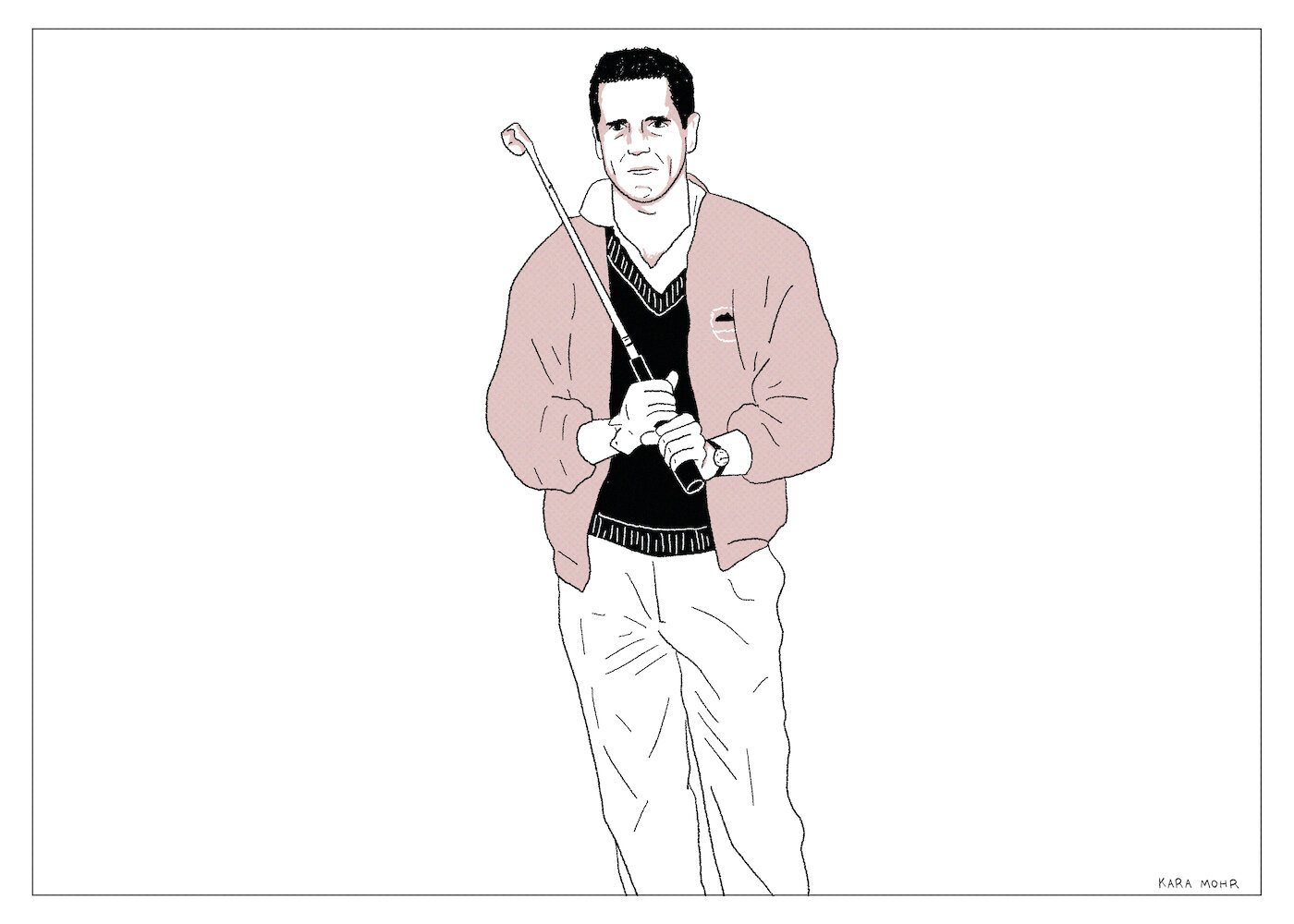
Glenn Frey “Strange Weather”
Glenn Frey served as the C.E.O. of The Eagles. While his fingerprints are everywhere, however, the band’s best songs were written by others and sung by Don Henley. Frey was the team’s general manager — he did the dirty work — while Henley was its preternatural talent. And Frey was good at his job. It came naturally to him. He had charisma. He played good enough rhythm guitar. He could play some keys. His voice was better than adequate. But, more than anything, Glenn Frey knew how to work with Don Henley. Until he didn’t.

Miles Davis “Jack Johnson”
Recorded less than six months after “Bitches Brew,” “Jack Johnson” is as much a tribute to Betty Mabry, Davis’ former wife and muse, as it is to the titular heavyweight champ. Mabry was a Free Funk pioneer, and friend of Jimi Hendrix and Sly Stone. With his increased interest in Mabry, came Miles’ increased interest in electric instruments, in general, and distortion and Funk, in particular. Experimental music and progressive politics, however, represent roughly half of the ingredients in “Jack Johnson’s” potion. The other half of the is made up of the sweat of legendary boxers and, of course, cocaine.
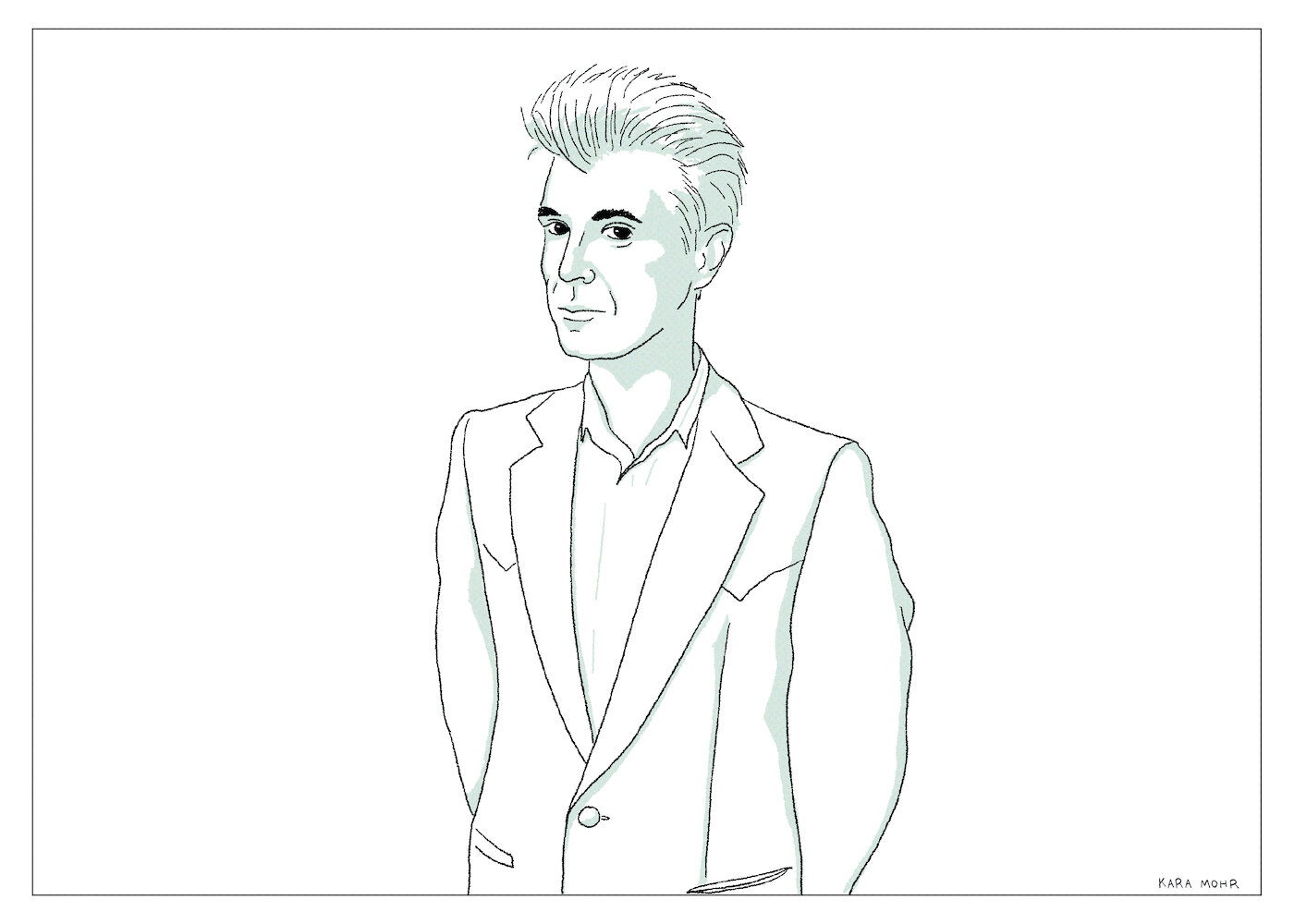
David Byrne “Grown Backwards”
When the Talking Heads split up, David Byrne went on to a long but never as commercially successful solo career. In the Talking Heads he was always very much the center of the band, selling the show. But, alone, he could never sell himself quite as well. If the music of “Talking Heads ‘77” is the music of a man alone in his neurosis, “Grown Backwards” is the music of a married man with children. You might not expect the person who had a “Fear of Music” to write a lovely song called “The Man Who Loved Beer,” but, in fact, he did.

Bonnie “Prince” Billy “Wolfroy Goes to Town”
In the years after his beloved “I See a Darkness,’ Will Oldham aged comfortably into his Bonnie character. Each year, we would get a new album. We wouldn’t know when it would arrive or what it might sound like, much less what it meant. But it would come. And it would generally be excellent. And then something similar, but different, would happen the next year. Behind Oldham’s warble there was Cheyenne Mize. Then, Ashley Webber. And then, in 2011, on “Wolfroy Goes to Town,” it was the great Angel Olsen.

(Yusuf) Cat Stevens “The Laughing Apple”
There has never been another Pop star who went away for twenty eight years and then returned. Obviously, Cat Stevens didn’t really go away. During his absence from popular music, Yusuf Islam was always looking for that road back. And, in 2016, he found the bridge. He reunited with his closest 1970s collaborators and announced that he would release a new album under the name “Yusuf / Cat Stevens.” As hedged as it looks on the page, it was received as a full throated return for his long suffering fans.
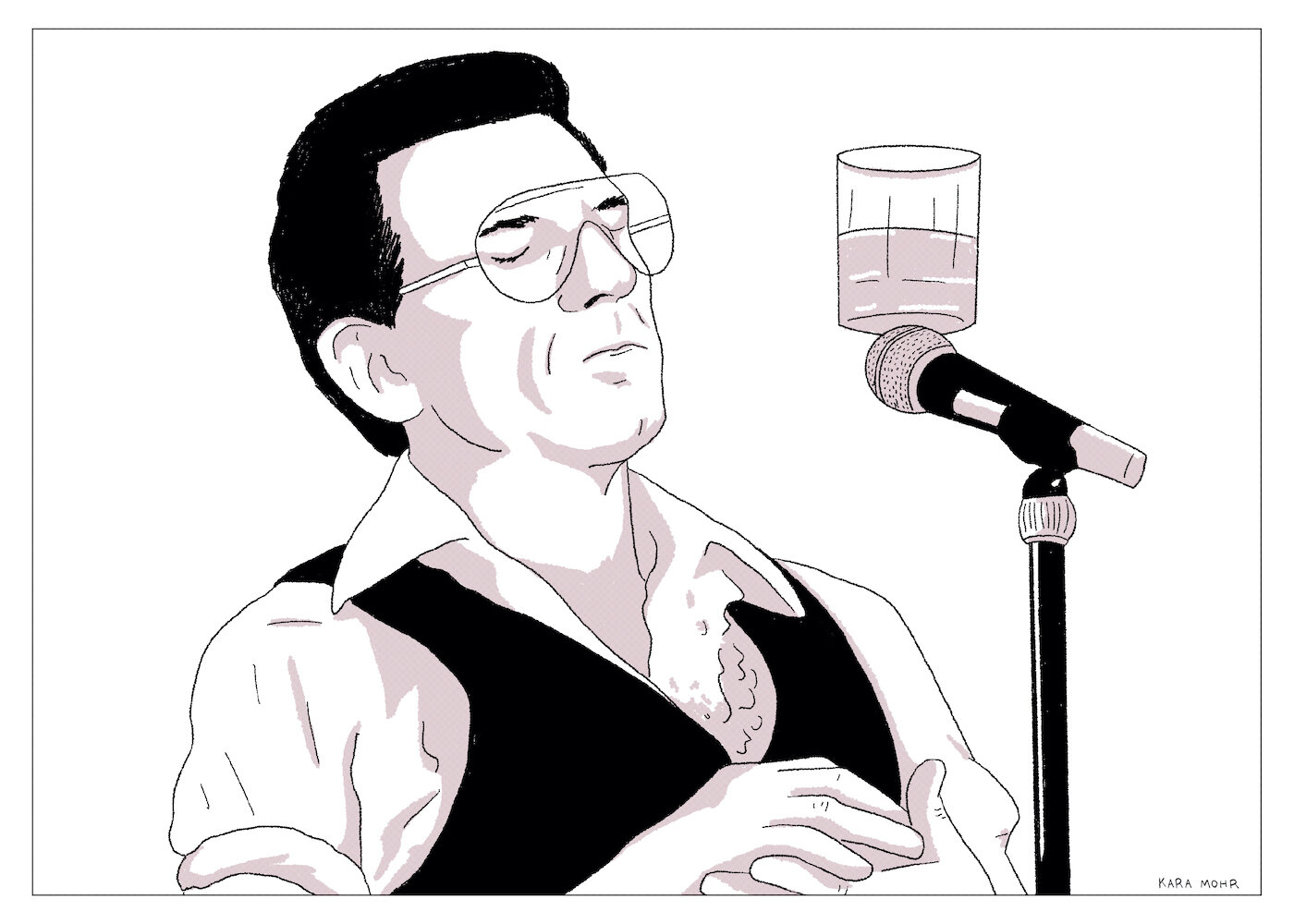
Jerry Lee Lewis “Killer Country”
Starting in 1968, following a decade in polygamy exile, Jerry Lee Lewis made a very successful, very straight Country music turn. For over a decade he was a reliable hit maker alongside Merle and Dolly. In 1982, he’d be under suspicion for killing his fourth wife. In 1984, he would be tried for tax evasion (he was found innocent). And, in 1988, he declared personal bankruptcy. But, between 1979 and 1980, in a third career peak, Jerry Lee Lewis cut three excellent, if overlooked, albums, including “Killer Country.”
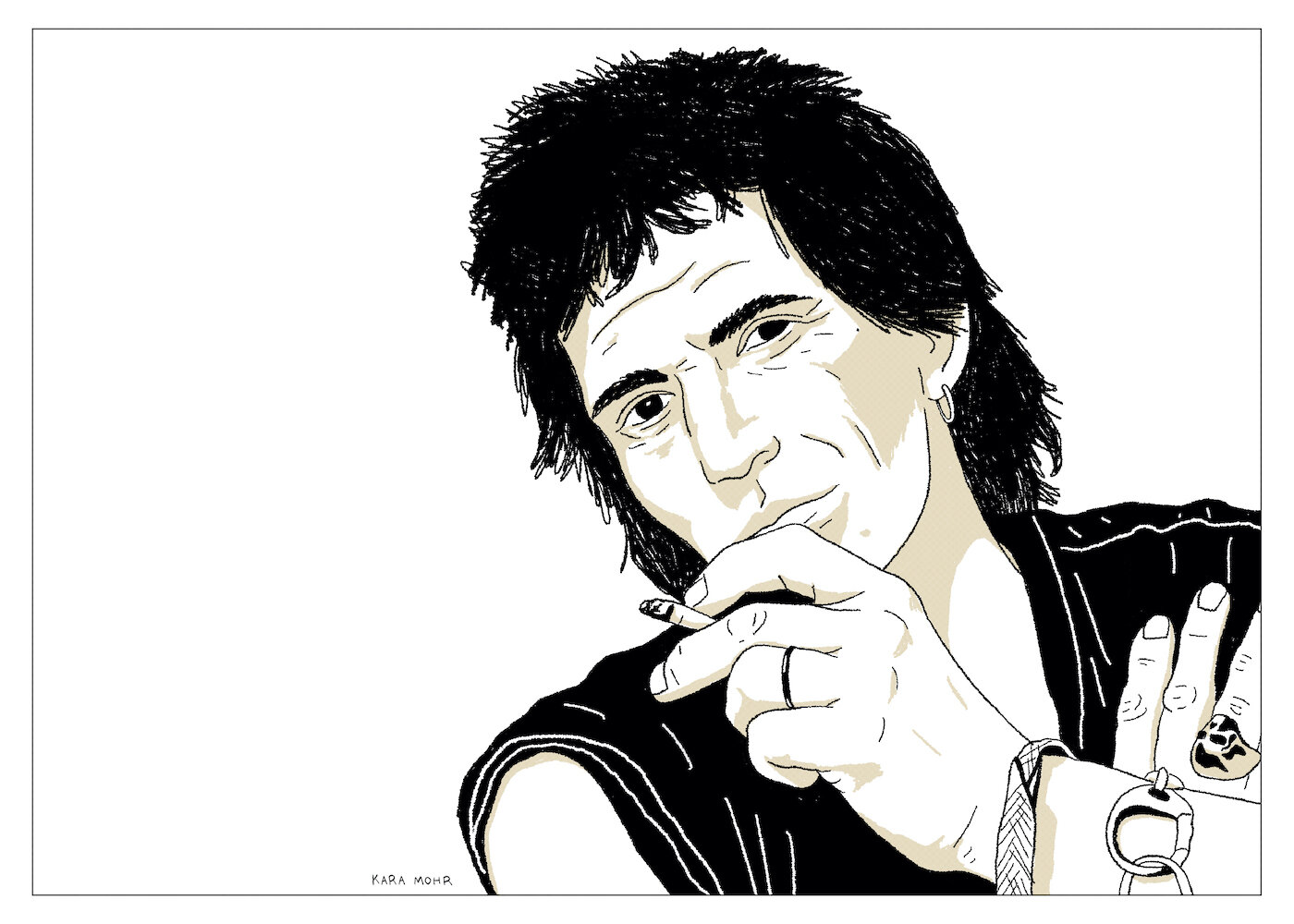
Keith Richards “Talk is Cheap”
Tired of the drama and unqualified for any other career, in 1987 Keith Richards did the previously unthinkable. He stepped out as a solo artist and frontman. His main collaborator was virtuoso drummer, Steve Jordan. The other players, including Ivan Neville, Waddy Wachtel, Charley Drayton and Sarah Dash, came to be known as The X-pensive Winos. The Winos often sound like an ace Free Jazz band playing with mis-assembled Rolling Stones’ parts. To this day, there is still no band in the world that sounds like them.
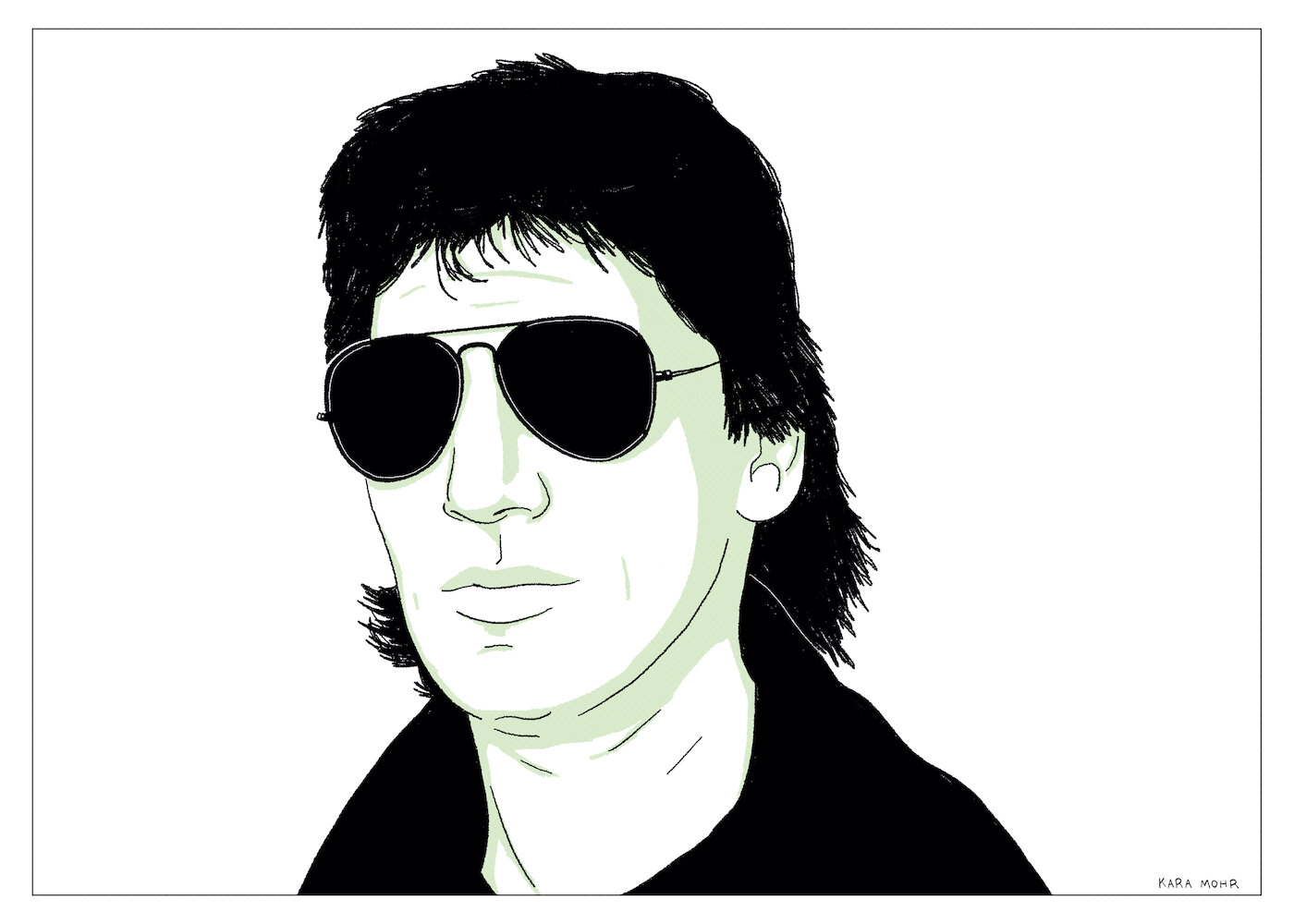
Roger Waters, “Radio K.A.O.S”
Having recently left Pink Floyd, Roger Waters made a concept album about Billy, a Welsh paraplegic who can hear radio waves. Yes, you heard that right. Billy lives with his twin brother Benny who works in the mines. On a drunken night, in protest of Thatcher-era mining policies, Benny throws a concrete block off a bridge and kills a taxi driver. Benny’s arrested and Billy is sent to LA to live with a relative. With the help of a cordless phone and a superpower (radio wave reading), Billy is able to hack into the defense systems of the whole planet and convince everyone there’s about to be a nuclear attack. Like most concept albums, “Radio K.A.O.S.” is unfathomable as prose and doesn’t exactly sparkle in song, either.
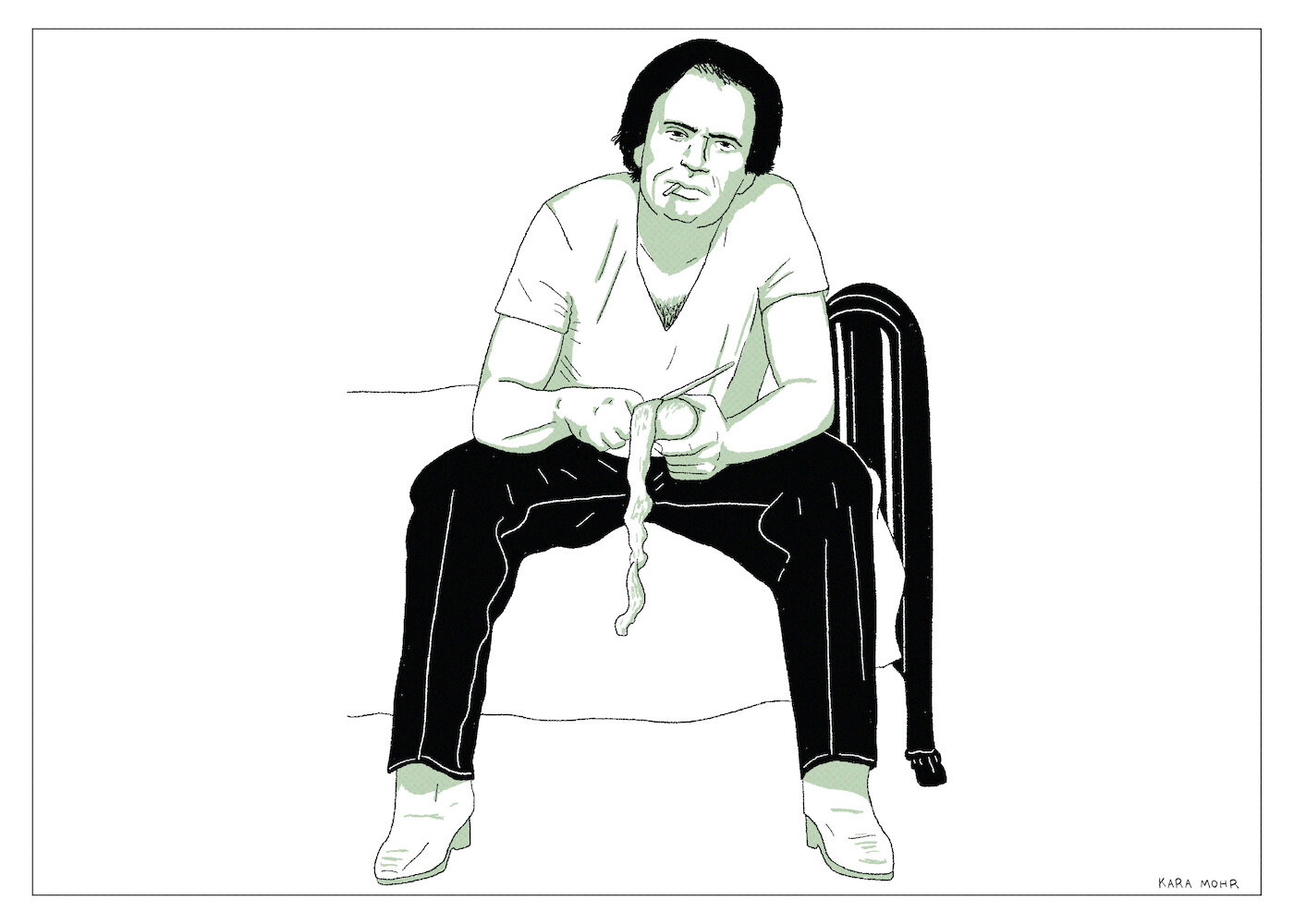
Merle Haggard “Big City”
On the surface, 1981 seemed to foretell change for Merle Haggard. He left his longtime record label. America had a new President. And a wave of frustration and patriotism was sweeping the country. Conditions seemed ripe for a comeback, but change was not Merle’s style. A “return to form” felt beneath him. And yet, Merle Haggard wanted to show everyone that he was still the same goddamn Merle Haggard who wrote the same great songs with the same great stories about the sane great country. The result was “Big City” another wonderful, complicated album from perhaps the most nostalgic recording artist America has ever known.

Jonathan Richman “I, Jonathan”
Eternally young at heart, Jonathan Richman amassed a prodigious catalogue between his legendary Modern Lovers’ albums and his solo records. And while many point to “I, Jonathan” as a high water mark, the truth is that most of his releases warrant consideration. Sometimes, he sings in Spanish. Sometimes, he sings Country Music songs. Sometimes, he sings children’s songs for the kids in all of us. But his superpower -- that thing that makes him better than anyone else -- was his ability to make us feel like we were driving with the radio on in 1972 and like we were sitting in the last days of summer in 1992.

Pete Townshend “Psychoderelict”
Pete Townshend made his reputation on the concept album and he was not giving up on it. “Psychoderelict” begins with a reporter talking about a fictional, washed up British rocker by the name of Ray High, who can’t make albums anymore. The news report is soon interrupted by a great ruckus of Rock — “English Boy” is a musical statement of purpose with guitars borrowed from “Achtung Baby.” It’s almost a classic Townshend anthem. The juxtaposition screams: “Yes I’m still here. Yes I can still rock! Yes I am still writing concept albums!” But, then there’s more news and talking.
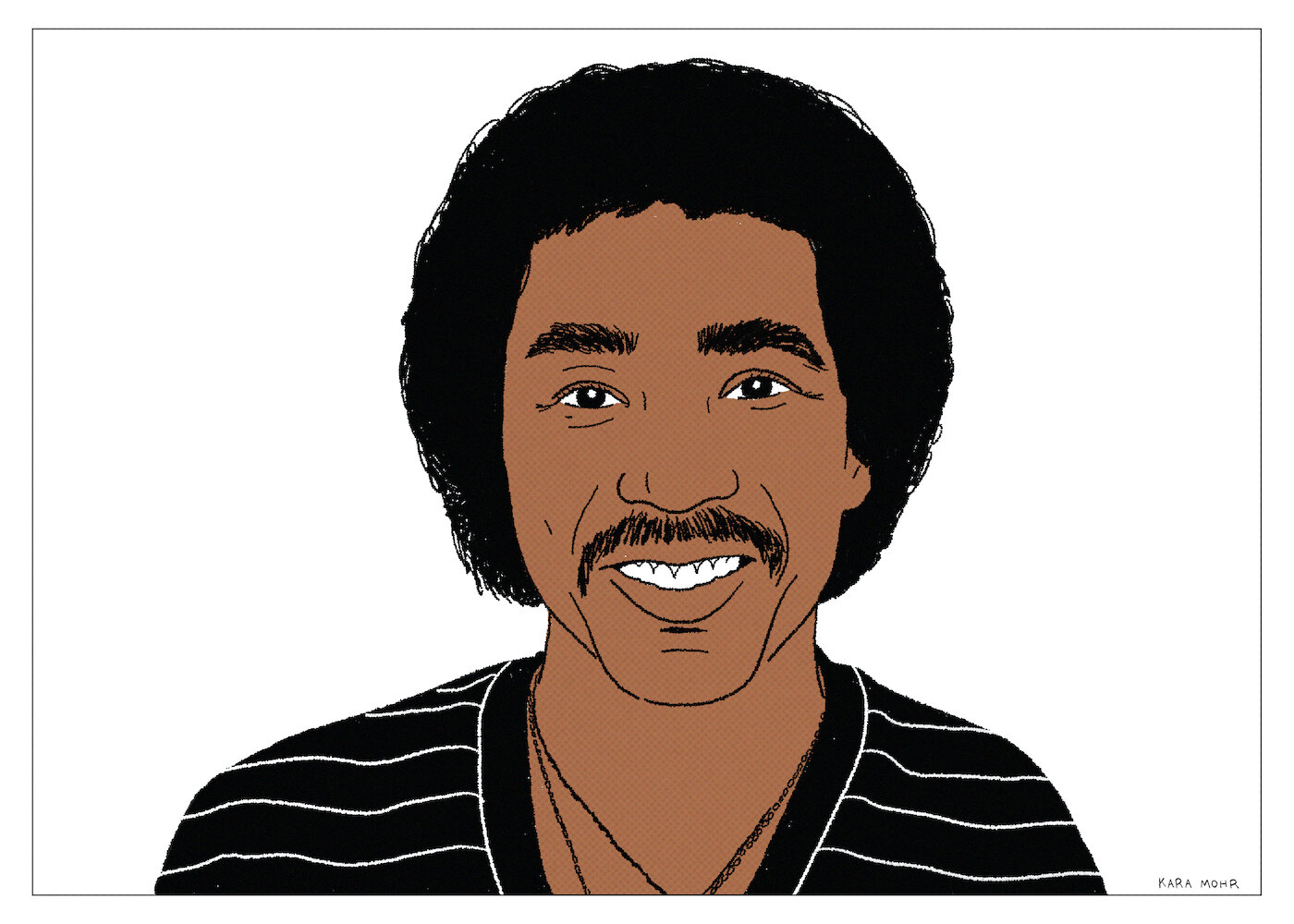
Smokey Robinson “Being With You”
Smokey Robinson was, in the 1960s, nothing short of everything. He was Carol King, Marvin Gaye, Diana Ross and David Geffen all rolled into one beautiful package. The 70s turned on him just slightly, but, in 1981, at the age of forty one, he returned to the top of the charts with “Being With You.” On the album’s cover, tucked in a striped, v-neck sweater and a couple of gold chains, he smiles at us. His hair has grown out to a casual, “I know I look good” length. His mustache is unconcerned with his lips. His eyes are the kindest shade of gold. He is the version of prime that only comes with middle age, but rarely stays.
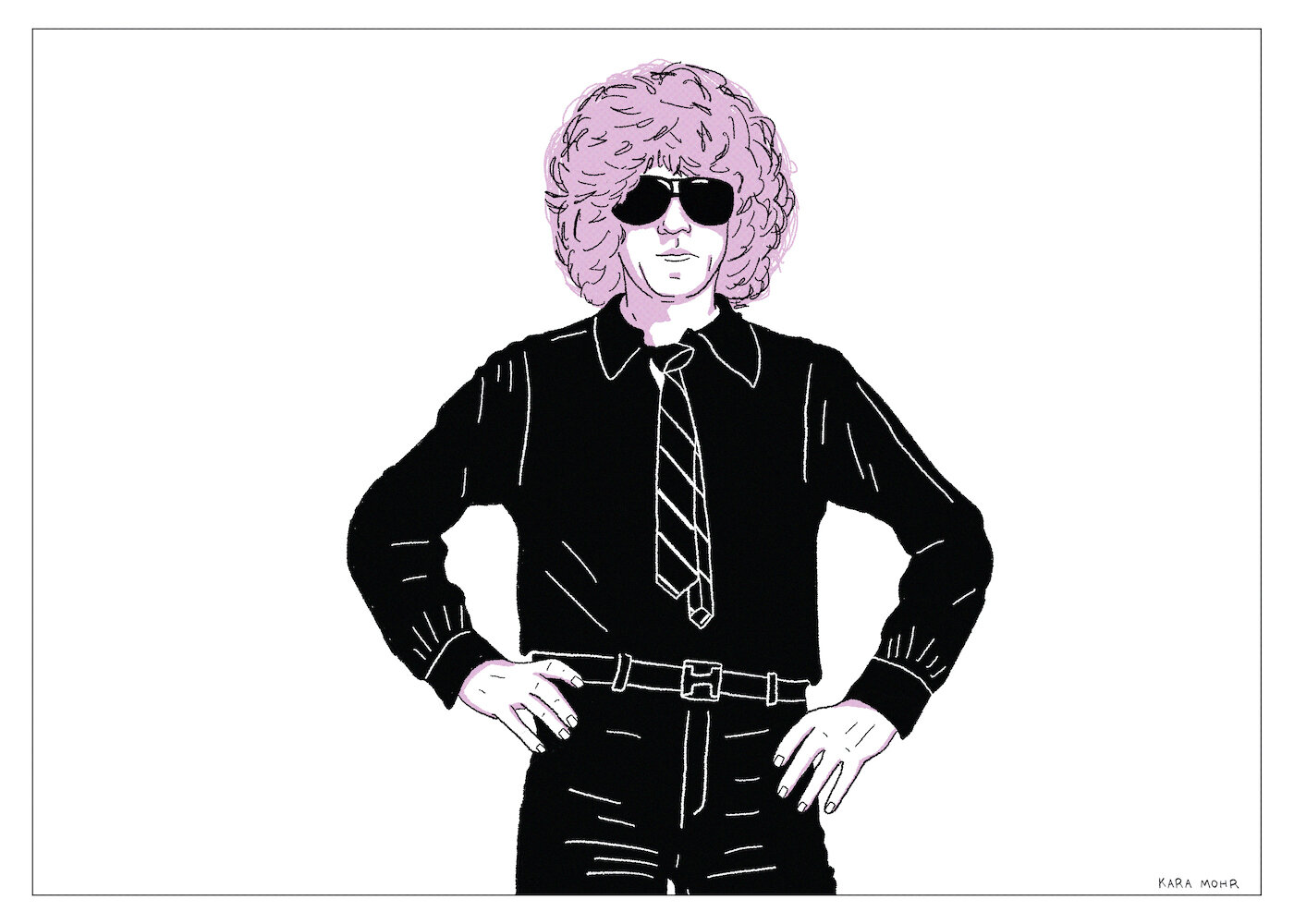
Ian Hunter “Short Back ‘n’ Sides”
He was never, exactly, a Rock Star, though he achieved the height of success. For almost fifty years, he has always worn sunglasses in public because, according to him, he is sort of, but not exactly, albino. He is not, exactly, as poetic as Bob Dylan or as artful, exactly, as David Bowie. But he sure can sound a lot like both of them. Ian Hunter has never, exactly, been any one thing. And he has always, almost, been everything. 1981 was the dawn of New Wave. It seemed plausible, at least, that the “always almost” singer had been passed over by time. It turned out that Mick Jones of The Clash, Hunter’s number one fan, would consider nothing of the sort.
